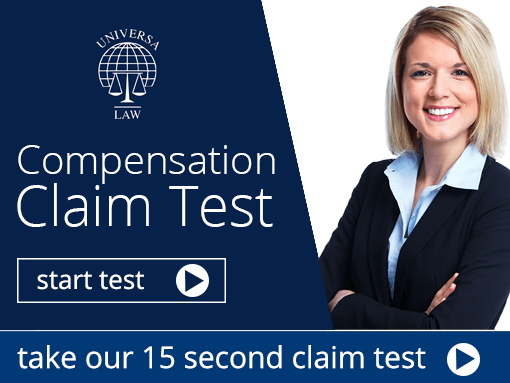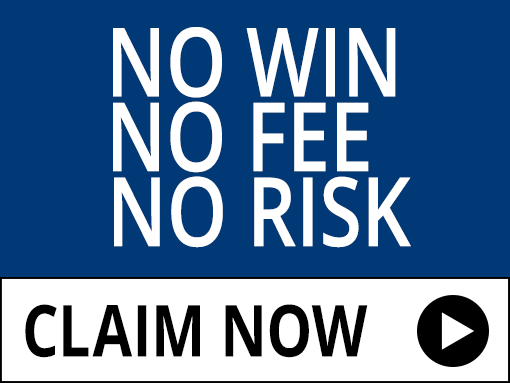Cerebral Palsy Claims
Cerebral Palsy is the umbrella term for a range of neurological conditions that affect coordination and movement. It occurs when the brain develops abnormally or is damaged before, during, or shortly after birth. Because it affects the part of the brain that controls motor-function, the four main symptoms include:
• Hypotonia (stiffness or floppiness in the muscles)
• Weakness within the muscles
• Uncontrolled spasms and random body movements
• Issues with balance and co-ordination
These symptoms can affect different parts of the body and affect people in very different ways; in some cases the effects are mild and people can enjoy a relatively normal life, whereas in more serious cases it can lead to permanent and severe disability.
The five main causes of cerebral palsy include a lack of oxygen to the baby during or immediately after the birth, difficult or premature birth, bleeding in the child’s brain, infections that may have affected the mother during her pregnancy, or sometimes mutations within the genes that affect the development of the brain. Medical negligence may be claimed if the issues during the child’s birth could have been avoided, such as the case of the little girl who was starved of oxygen during her birth in Essex. Now 11 years-old, the profoundly disabled girl suffers from cerebral palsy and is partially paralysed in all four limbs. She needs around-the-clock care and will do for the rest of her life, all because her delivery by C-section was negligently delayed; she received compensation of nearly £6 million alongside annual payments of £155,000 per year, rising to £227,000 per year when she turns 18, totalling £22 million.
Unless it is shown up using MRI or CT scans at birth, cerebral palsy is not easy to identify until a child’s development is noticed to be less advanced than its peers. A child suffering from cerebral palsy is likely to be slower in achieving developmental goals such as crawling, learning to walk or even in the development of its speech. In order to make a diagnosis, a doctor will likely refer a potential sufferer to a physiotherapist to investigate the child’s movements, and an educational psychologist to look into the child’s intellectual development. MRI and CT scans can also be incredibly useful tools in diagnosis, as they allow doctors to see what is happening inside the brain.
If your child was injured as a result of negligence in their prenatal, birth or postnatal care, then it is likely that you could make a claim for compensation. Contact our friendly team of highly experienced solicitors today to see how we can help you get the pay-out you and your family deserve.

Claiming For Your Medical Negligence
Free Legal Advice
If you are unsure whether you can claim compensation for Medical Negligence, then call our personal injury claims team for free, no obligation advice on making a claim. They will ask you some simple questions about your condition, talk to you about what’s happened and can tell you if you have a viable claim for compensation or not. Call us free on 0800 999 1374.
Latest Medical Negligence News
HSE To Launch Construction Dust Blitz
The Health and Safety Executive is launching a new initiative targeting the construction industry across the country with a specific focus on the dangers of site dust. While construction sites are notoriously dangerous in terms of accidents such as slips, trips, falls...




